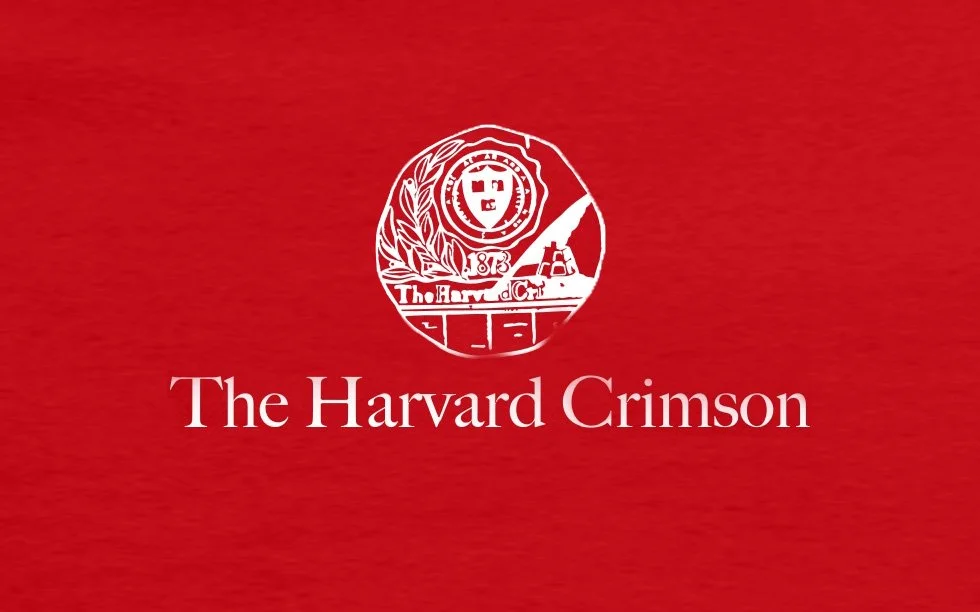Federal Privacy Law Should Protect All of Us, Not Just Judges
Introduction
In The Harvard Crimson, Dr. Mary K. Daly and Noah Jun call for stronger, universal protections in U.S. privacy law. Reflecting on the Daniel Anderl Judicial Security and Privacy Act, they argue that privacy safeguards should extend beyond federal judges to protect all citizens equally. The piece underscores how privacy is not a privilege, but a fundamental right tied to life, liberty, and safety in the digital age.
Excerpt Summary
The authors highlight how the new law prohibits data brokers from selling or trading personal information of “at-risk individuals” such as federal judges, yet leaves most Americans unprotected. They question why only a select group benefits when online exposure threatens everyone, from teachers and nurses to victims of domestic violence. The op-ed further urges institutions like Harvard to examine their own data practices, calling attention to how complex and opaque privacy policies can obscure important details about how personal data is used.
Authority Section
Dr. Mary K. Daly, as Chief Medical Officer at mePrism, brings both medical and data ethics expertise to this conversation. Her advocacy reflects mePrism’s ongoing commitment to ensuring individuals retain control over their personal information, free from exploitation by data brokers and opaque digital systems.
Broader Relevance
The article arrives at a time when the debate around federal privacy law is intensifying. As data brokers continue to profit from selling personal details, the lack of comprehensive protection deepens risks for every internet user. Daly and Jun’s perspective reinforces the growing consensus that privacy must evolve alongside technology and law to preserve equality and trust in society.
Closing
mePrism supports efforts to modernize privacy protections for everyone, not just a few. Read the full opinion piece in The Harvard Crimson to explore why universal privacy rights are essential in today’s data-driven world.


